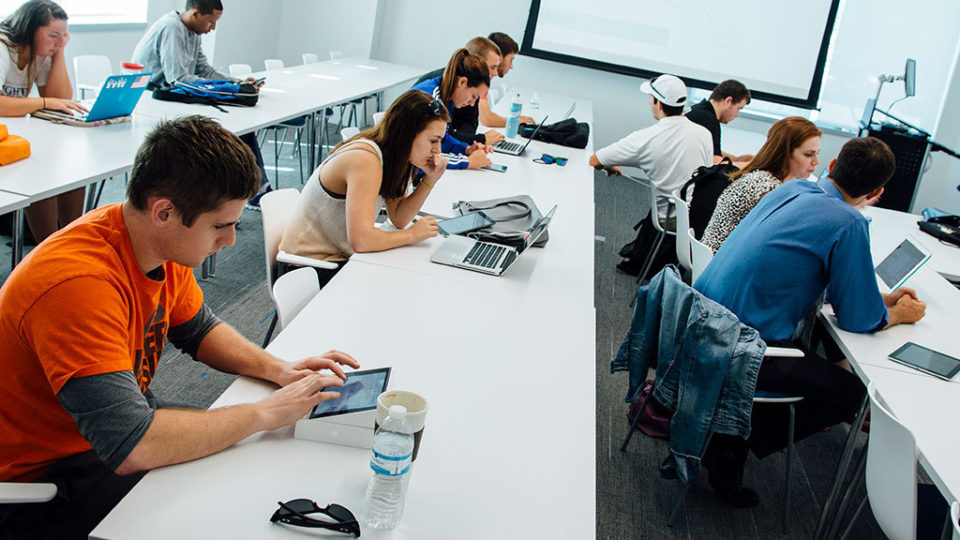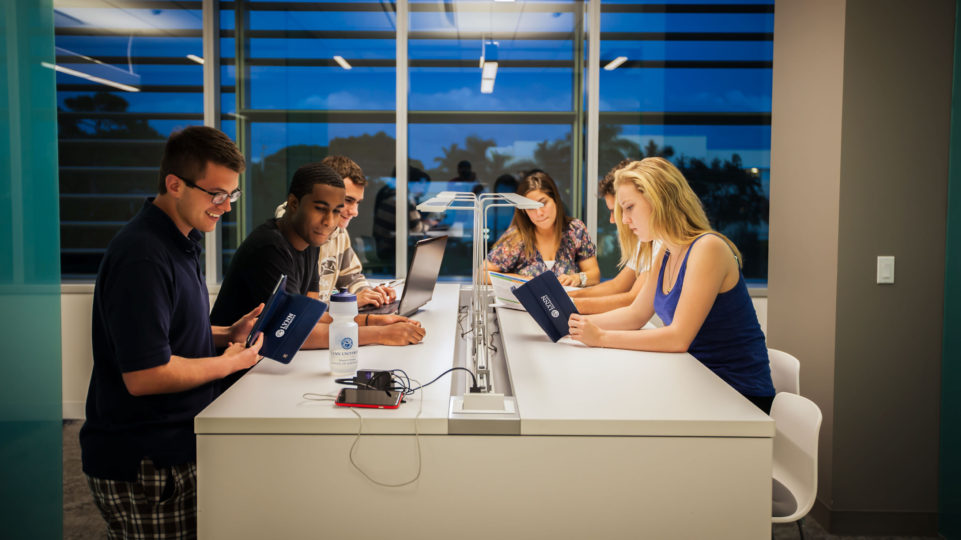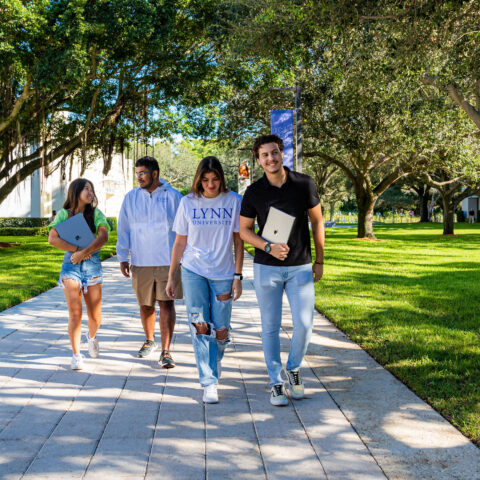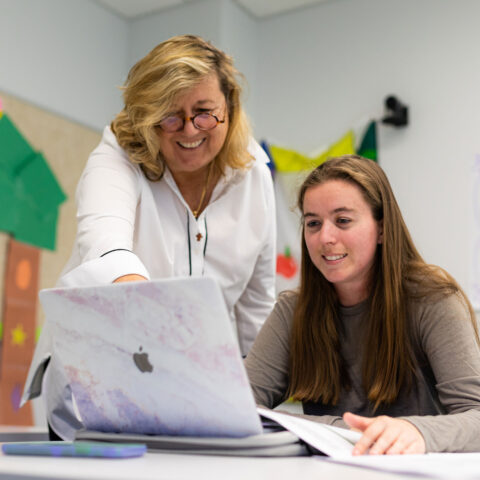For-profit institutions are shuttering campuses, and state universities are raising the cost of tuition across the country. But amid these trends, Lynn University is reimagining higher education.
This fall, the college launched iLynn, its new iPad-powered online learning program. The new bachelor’s degree offering is affordable for more students and provides higher-quality content thanks to the use of mobile technologies.
The move is a natural next step for the university, which first launched iPads to students on campus two years ago. Since that time, Lynn has replaced expensive textbooks with free or discounted e-books, launched a university press to support textbooks for Apple products and built its own attendance and gradebook app.
Lynn has now extended these benefits to online students at significantly lower prices. The university has reduced the cost of its online tuition by nearly 20 percent to just $8,850 per year. This is below the $9,139 U.S. average for state university tuition reported by College Board for the 2014–2015 academic year. The affordable tuition opens doors for many adult and nontraditional students who may not have considered an independent college because of the perception that private equals expensive.
2015-16 average* tuition per online credit
Cost savings is only part of the equation. “We’re just warming up,” said Kevin M. Ross, Lynn University president. “The real story is about faculty adoption and the tremendous engagement given the program’s mobile nature and rich content, in and out of the classroom.”
The new iLynn program empowers adult students with work, family and other obligations to pursue their undergraduate degrees online, on campus or both. The program also offers accelerated terms, easy transfer of college and certified work experience credits and professional coaching for every student.
All of these benefits enticed Brian Bowser to enroll. Bowser, a Sodexo dining services general manager, is taking online classes in business administration. For him, the program’s flexibility is key. “It’s based on my schedule. I’m not limited to being in class at a set time and day.”
Lynn’s faculty is continually discovering new ways to use the iPad and Apple technology to teach and collaborate.
Katrina Carter-Tellison, dean of the College of Arts and Sciences, explained, “This technology is allowing faculty to get out of the business of being the sole purveyors of content and knowledge. They’re able to collaborate with students and create something with them.”

For example, teachers use then iPad to help students better comprehend readings. Carter-Tellison said, “We haven’t changed the curriculum or the readings, but our approach is different. It’s more experiential. Now, students are experiencing the readings—whether it’s through apps, alternative videos or explanations by our own faculty. So there are multiple ways for students to understand and comprehend works.”
Word of Lynn’s successful iPad program has spread rapidly. In response to increasing demand for knowledge sharing and best practices among the educational community, the university has launched iPad Institutes. During these two-day seminars, Lynn faculty and administrators teach others how to use mobile technology on their campuses, including how to engage and train faculty and plan for information technology infrastructure, deployment and support.
“Every faculty member trained in Apple technology impacts the learning of 80 to 100 students each semester,” said Mike Petroski, director of faculty development. “We’re looking to completely transform the way that students learn. The traditional way of a teacher in front of the room as a fount of all knowledge giving a lecture ... every study shows that is the worst way to be learning. By integrating iPads, we’re trying to break that mold by fostering different ways to share information.
What students are saying about iPad-powered learning
Since Lynn introduced iPads to campus, surveys have shown year-over-year increases in student satisfaction.
- In fall 2014, 72% thought e-books were more effective than traditional paper books (up from 65% in 2013).
- In fall 2014, 92% felt the iPad would allow them to be better able to connect with classmates (up from 79% in 2013).
The fall 2014 survey also showed that:
- 96% of students felt comfortable using iPad technology.
- 99% anticipated the iPad would contribute to their learning experience.
- 69% said the iPad influenced their decision to attend Lynn.




